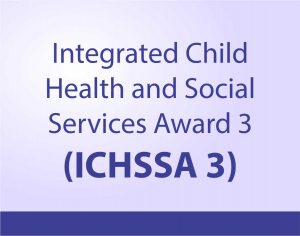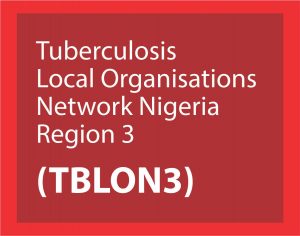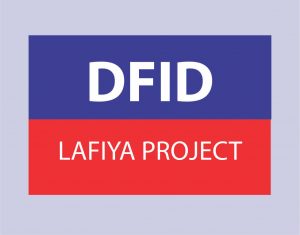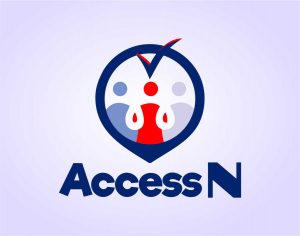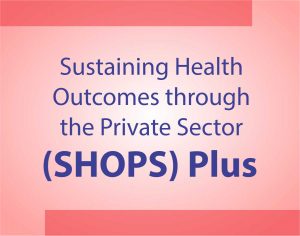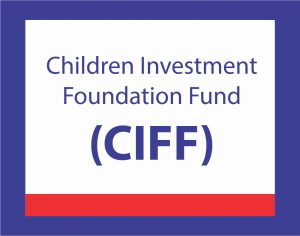Society for Family Health (SFH) in a consortium with Save the Children International (SCI) and American International Health Alliance (AIHA) through the Nigeria’s Integrated Child Health and Social Services Award 3 (ICHSSA 3) Program a USAID funded Program, is driving innovative evidenced, informed strategies to evolve OVC services, build stronger interface between OVC/Social Service to HIV continuum of care and reframing the governance, social and community support for OVC in Kano state.
The consortium brings the combined expertise of the three leading organizations with over 5 decades of experience in OVC, HIV and Social work program design & implementation, advocacy, shaping policy development and implementation science/research in the context of HIV epidemic control in Nigeria and global.
ICHSSA 3 goal is to “ensure that OVC are cared for and protected by their households, communities, local and state government” working through civil society organizations (CSOs) to optimize OVC access to basic services, and secure their rights respectively while strengthening local and state government capacity to deliver services, prevent and respond to OVC rights violations, thereby mitigating the impact of HIV & AIDS on OVC in Kano across four result areas: 1. Households have increased access to basic services and care for OVC 2. Communities ensure that OVC secure their rights 3. Local and State Governments deliver basic services and detect and respond to child rights violations 4. Prioritized targeted services for specific OVC subpopulations utilized.
Our overall strategic framework to achieve the program goals is built on the tripod modified socioecological model that leverages OVC/Social Service to strengthen the HIV continuum of care in a family-community–facility service delivery interface. Our approach will deepen paediatric and adolescents case finding, improving linkages to, and retention of CLHIV in care while pursuing viral suppression within the WHO and USAID’s framework for advancing epidemic control. Adolescent girls/boys, and the 10-14 years old will enjoy special focus while ensuring comprehensive service to all eligible OVC 0-17 years. A skilful blend between service delivery and longer-term system strengthening will be pursued to ensure sustainability.
The core strategy will be supported by a reframed community, social, and political-economic support for OVC in Kano state, including improving Household social and economic capital in order to build HIV affected household’s resilience to meet the developmental needs of their children. The third element of the tripod focuses on working in a collaborative, politically astute and results-focused manner to strengthen the capacity of CSOs for norms transformation work, demand creation and critical advocacy engagement; and also select government agencies to optimize the policy environment, improve delivery system and fulfil rights of OVC. We will facilitate support for OVC service delivery at all levels of society, and integration of OVCs programs in state level operational plans and resource allocations including the emerging Kano State Contributory Health Scheme and 1% IGR funded State Equity fund and other social protection investment to ensure not only long-term sustainability of the activity but also to ensure political prioritization of OVC in emerging human capital development agenda in Nigeria. Our approach will use tested interventions, while using evidence to innovate new approaches that are integrated and carefully sequenced to maximize impact. Drawing on our on the ground experience, we understand the delivery risk and have tested risk mitigation strategies that will enable us implement efficiently to deliver program results.
ICHSSA 3’s theory of change (ToC) is anchored on that, if Health and community systems are strengthened to provide care and protection of OVC in Kano with tailored, quality case management services informed by real-time data and the norms and practices of families and communities support gender equality, non-discrimination, and demand for HIV and OVC services, then priority sub-populations of OVC will have improved health, safety, stability, and access to education and other services that contribute to HIV epidemic control. The ToC is organized around three broad pillars that aligns to the strategic framework.
The first works to strengthen the systems in government institutions towards effective policy formulation, planning, resource mobilization and accountability driven by evidence and better partners’ coordination all with emphasis on scaling up HIV prevention. The strategy is based on the McKinsey Theory of 7s. The second focuses on enhancing the capacity of community through improving norms, values systems and traditions that positively affect the development of children. The third works to directly improve the provision of quality services at community and facility level and by increasing access to services; and the competence of families to provide the needed care; and cultivating improved norms and practices of families and communities. This strategy is based on the Information Motivation and Behavioral (IMB) Skills model and WHO guidelines for KP programs.


